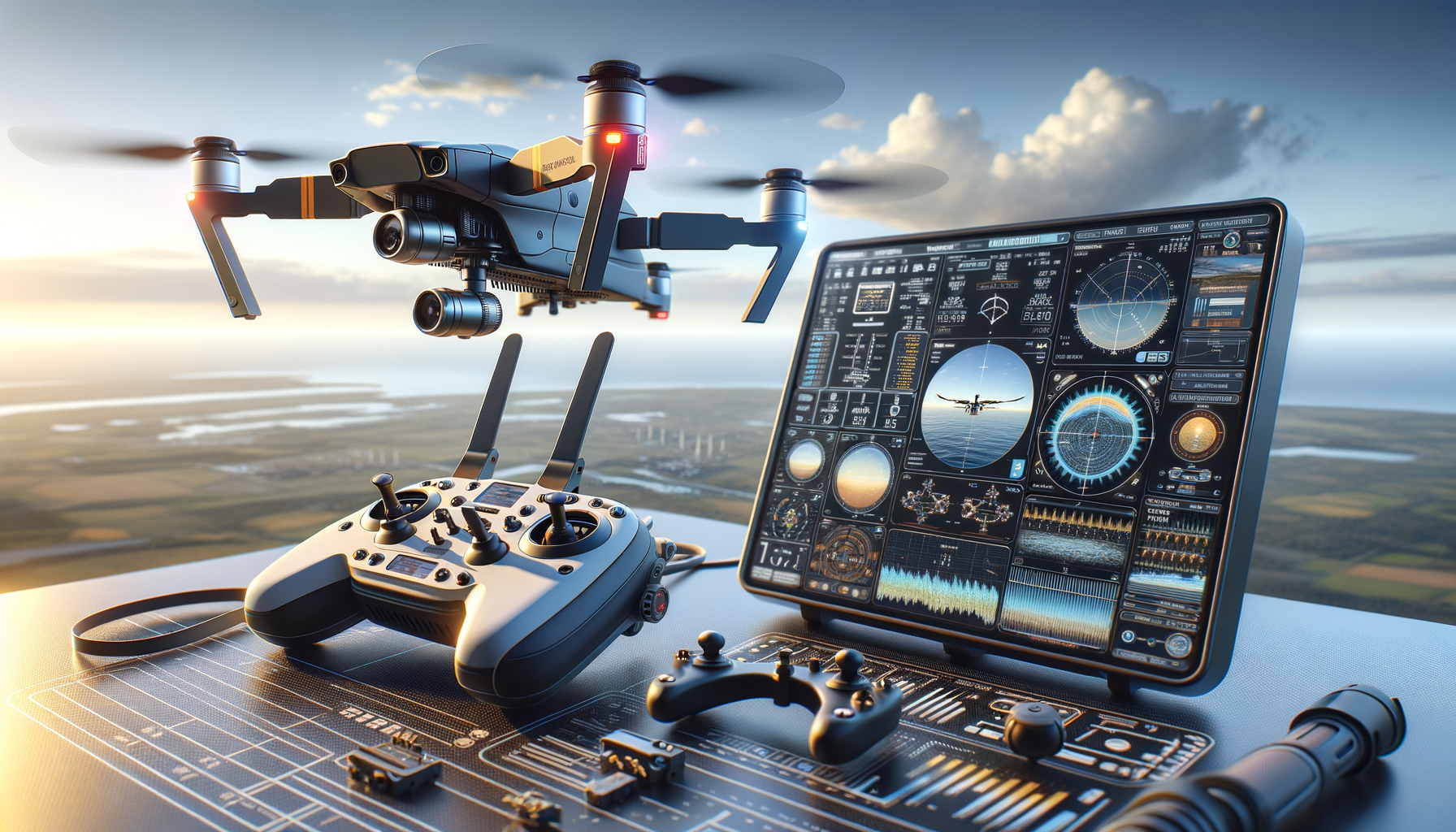
Sky High Skills: Drone Control Training That Can Lead to Certification!
Understanding the Importance of Drone Pilot Training
In today’s rapidly advancing technological landscape, drones have become an integral part of various industries. From agriculture and real estate to emergency response and filmmaking, the applications of drones are vast and continually expanding. However, with great power comes great responsibility, and operating a drone is no exception. Drone pilot training is essential for anyone looking to harness the potential of these flying marvels safely and effectively.
Drone pilot training programs are designed to equip individuals with the necessary skills and knowledge to operate drones proficiently. These programs cover a wide range of topics, including flight mechanics, navigation, safety protocols, and legal regulations. Understanding these aspects is crucial, not only to ensure safe operations but also to comply with governmental regulations that govern drone usage.
Moreover, drone pilot training is not just about learning to fly. It involves understanding the technology behind drones, including sensors, cameras, and software that are integral to their operation. This knowledge is particularly important for those looking to use drones in professional settings, where precision and accuracy are paramount.
In addition to technical skills, training programs often emphasize the importance of ethical considerations and privacy laws. As drones can capture images and data from above, it is vital for operators to understand the implications of their actions and respect the privacy of individuals and communities.
Exploring Different Types of Drone Training Programs
Drone pilot training programs come in various forms, each tailored to meet different needs and skill levels. Whether you’re a hobbyist looking to enhance your flying skills or a professional seeking certification, there’s a program designed for you.
For beginners, introductory courses provide a comprehensive overview of drone technology and basic piloting skills. These courses are perfect for those new to drones, offering hands-on experience and foundational knowledge. Participants learn about the different types of drones, their components, and how to perform basic maneuvers.
Intermediate programs delve deeper into the technical aspects of drone operation. These courses often cover advanced flight techniques, troubleshooting, and maintenance. They are ideal for individuals who have some experience with drones and wish to enhance their capabilities.
For professionals, certification courses are essential. These programs are designed to prepare participants for official certification exams, which are often required for commercial drone operations. Certification courses cover a wide range of topics, including airspace regulations, weather patterns, and emergency procedures. They also provide practical training to ensure participants are ready for real-world scenarios.
Many training programs offer specialized courses tailored to specific industries. For example, courses focused on aerial photography teach participants how to capture stunning images and videos from the sky, while programs for agricultural drones cover precision agriculture techniques and data analysis.
The Path to Certification: What to Expect
For those looking to operate drones commercially, obtaining certification is a crucial step. The certification process ensures that drone operators have the necessary skills and knowledge to fly safely and legally. Here’s what you can expect on the path to becoming a certified drone pilot.
The first step is enrolling in a reputable training program that offers certification preparation. These programs provide the theoretical knowledge and practical skills needed to pass the certification exam. Topics covered include airspace classification, weather effects on drones, and emergency response procedures.
Once you’ve completed the training, the next step is to take the certification exam. The exam typically consists of a written test that assesses your understanding of drone regulations, safety protocols, and flight operations. It’s essential to study thoroughly and make use of practice exams to familiarize yourself with the format and content.
After passing the exam, you’ll receive your certification, allowing you to operate drones commercially. However, the journey doesn’t end here. Drone technology is constantly evolving, and staying updated on the latest advancements and regulations is crucial. Many certified pilots choose to continue their education through advanced courses and workshops to stay at the forefront of the industry.
In conclusion, drone pilot training and certification open up a world of opportunities. Whether you’re interested in aerial photography, surveying, or emergency response, the skills and knowledge gained through training are invaluable. With the right training, you can confidently take to the skies and explore the endless possibilities that drones offer.


